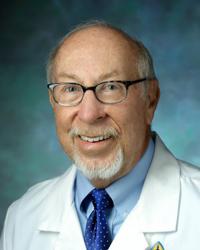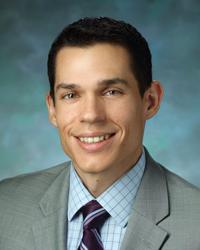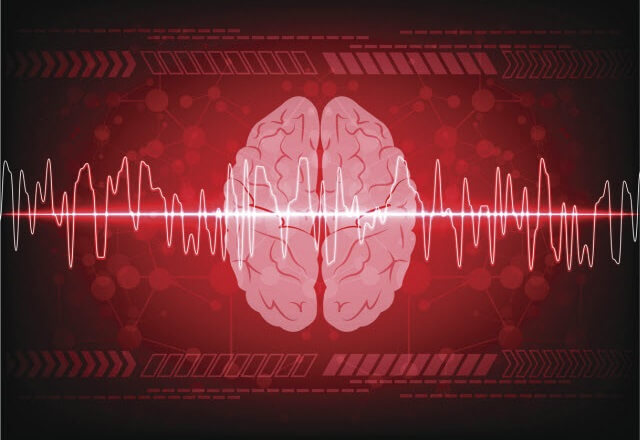The Johns Hopkins Tourette Center is a collaborative program between Kennedy Krieger Institute and Johns Hopkins Medicine. Thanks to our combined expertise and resources, our center can provide comprehensive evaluation and the most recent treatments designed to improve overall health and quality of life of children and adults with Tourette syndrome. Our multi-specialty team combines knowledge from the leading experts in pediatric and adult neurology, psychiatry and neurophysiology, under the leadership of Dr. Harvey Singer.
Our center also conducts research, contributing to understanding of this disorder and helps educate future health care providers. The Tourette Association of America has designated The Kennedy Krieger Institute/Johns Hopkins Medicine as The Tourette Syndrome Center of Excellence.
Our Services and Approach
- Behavioral therapy, such as habit reversal training (HRT)
- Comprehensive behavioral intervention for tics (CBIT)
- Pharmacotherapy
- Botulinum toxin
- Deep brain stimulation for adults
- Physical and occupational therapy
- Neuropsychology
- Child and adolescent psychiatry hospital services (for children who could benefit from in-hospital care).
Our Tourette Syndrome Experts
Tourette Research and Clinical Trials
-
Research Papers
View recent papers on Tourette Syndrome co-authored by Dr. Singer on PubMed.
-
Johns Hopkins Clinical Trials Database
Browse Tourette syndrome studies from the Johns Hopkins Institute for Clinical and Translational Research.
-
ClinicalTrials.gov
Browse active Tourette syndrome clinical trials at Johns Hopkins on clinicaltrials.gov
Research Areas
- Clinical characteristics: definition, assessment, outcome, executive and neuromotor functions, behavior and emotional issues, learning difficulties, sleep problems and the visual system
- Comorbidities: attention deficit hyperactivity disorder and obsessive-compulsive disorder
- Treatments: behavioral and numerous pharmacological trials
- Genetics: microarray, polymorphisms, missense variants, and collaboration with national and international whole exome efforts
- Autoimmunity: anti-neuronal antibodies and inflammatory markers
- Neuro-biology, including electrophysiology and anatomy: volumetric, structural and functional imaging
- Neurochemistry: positron emission tomography, MR spectroscopy, and studies using post-mortem brain tissues, cerebrospinal fluid and blood





